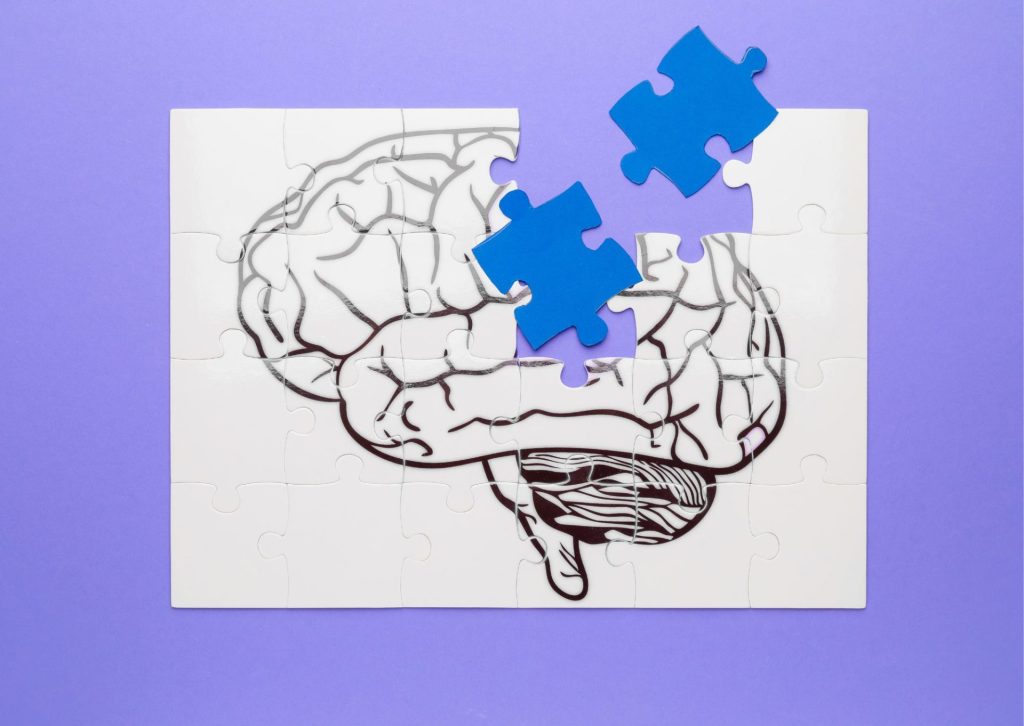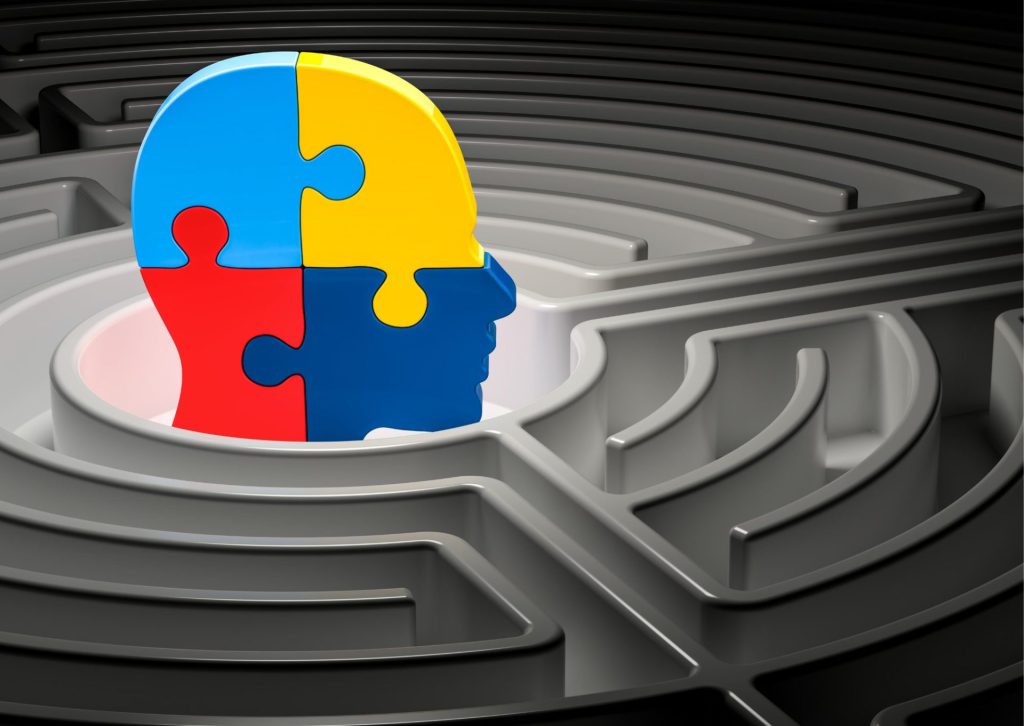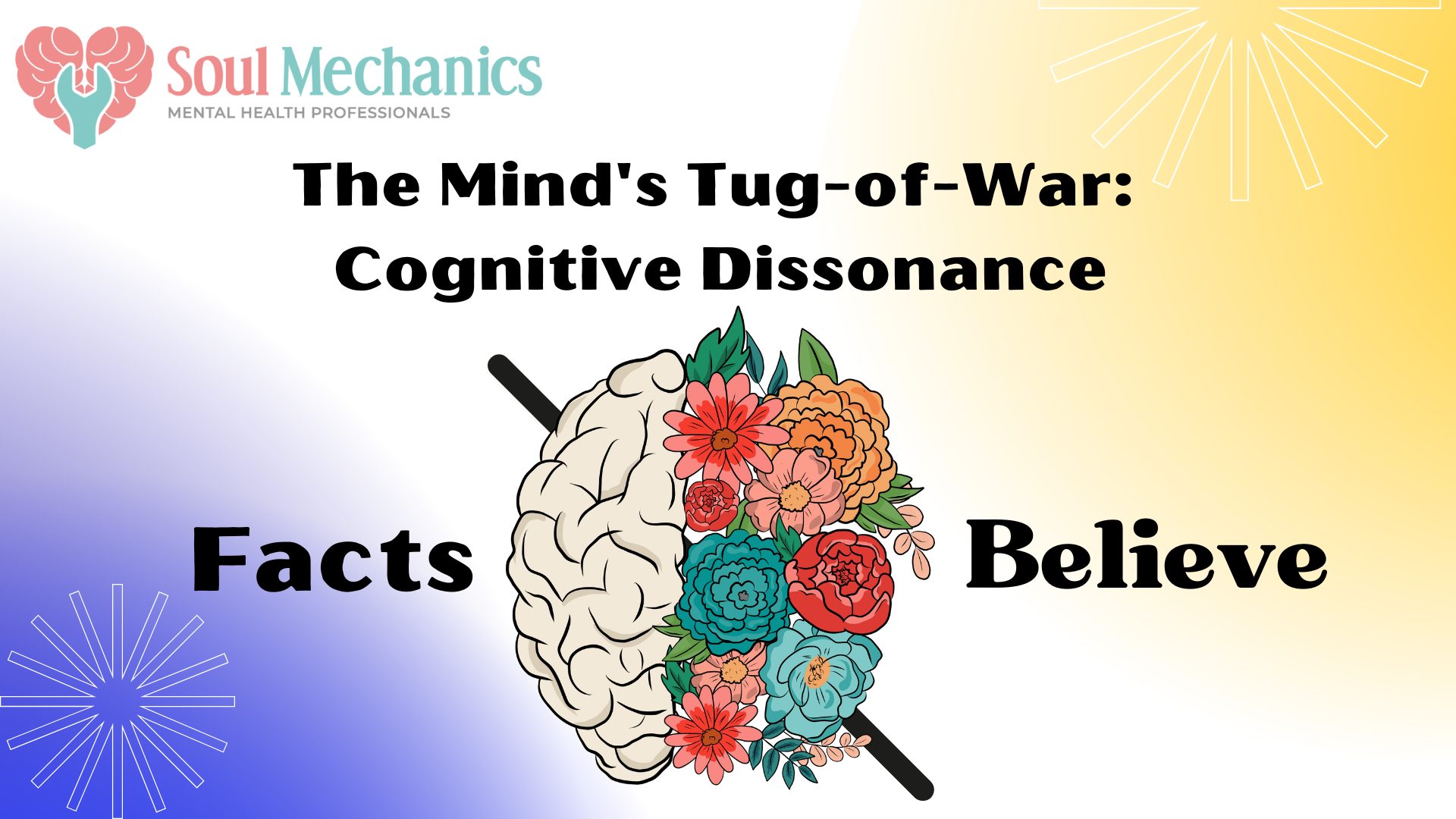The Mind’s Tug-of-War: Cognitive Dissonance
The Mind’s Tug-of-War: Cognitive Dissonance

Written By: Kelly Chan Jia Li, Clinical Psychologist (MAHPC(CP)00353)
Have you ever felt that internal tug-of-war of unsettling clash of thoughts and beliefs? This inner struggle, the uncomfortable feeling you experience when things do not add up in your mind, is known as cognitive dissonance.
Cognitive dissonance is a psychological phenomenon that occurs when an individual experiences conflicting beliefs, attitudes, or values. This inner conflict prompts them to resolve the inconsistency to achieve cognitive peace. In this article, we will explore the mystery behind the "what, why and resolution" of cognitive dissonance.

Understanding Cognitive Dissonance

Cognitive dissonance is like a mental itch that needs scratching. It occurs when an individual holds two or more ideas that do not "vibe" together. Picture this: you know smoking is harmful to your health, yet you find yourself smoking. This discomfort is cognitive dissonance, resulting from conflicting thoughts or behaviours that create a mental itch demanding resolutions. Let's look at some examples below:
Scenario 1: The Purchase Dilemma
Meet Jane Doe, an avid shopper with a liking for luxury items. She valued financial responsibility, but she could not stop buying designer handbags. The conflict arose when her actions (spending on luxuries) contradicted her belief in being financially prudent. This dissonance prompts her mind to seek a solution.
Scenario 2: The Procrastination Situation
Imagine John Doe, a student who prioritised academic success. However, he often procrastinated and left his assignments until the last minute. The clash between the desire to obtain good grades and the habit of procrastination created cognitive dissonance. His mind was trying to find a way to reconcile these conflicting aspects.
Reminder: If you or your loved one are struggling with procrastination issues, please do not hesitate to reach out to us at Soul Mechanics KD or Soul Mechanics Ipoh. Remember, seeking help is not a sign of weakness but strength!
Causes of Cognitive Dissonance
Now that you understand what cognitive dissonance is, there are multiple causes of cognitive dissonance.
Conflicting Beliefs or Values
Discomfort arises when what we know or believe contradicts our actions.
Choices and Decisions
Making decisions involves choosing between alternatives, but sometimes, the chosen option conflicts with our other preferences or values.

Social Pressures
When societal expectations clash with personal beliefs, it creates a mental conflict.
Commitment and Consistency
When we commit to a belief or course of action, any deviation from that commitment can lead to discomfort.
Justification of Effort
The effort we put into a decision or action can intensify cognitive dissonance. Suppose someone invests time, money, or energy into a belief or behaviour. In that case, they are more likely to justify and rationalise it, even in the face of conflicting information.
Resolving the Internal Tug-of-War
Are there any ways to resolve this painful internal tug-of-war? You are in luck; the answer is yes! Let's explore the ways our minds try to untangle the knot of conflicting thoughts.
Changing Beliefs
We might reframe our beliefs or attitudes to align them with our actions. For instance, an individual might convince themselves that smoking is not that harmful. Hence, this reduced the dissonance between the behaviour and knowledge.
Seek Supportive Information
Have you ever Googled to find information supporting your choices? We often actively look for information that confirms what we already believe, conveniently ignoring anything that contradicts our stance, ultimately reducing the cognitive dissonance.
Acceptance and Mindfulness
Sometimes, simply accepting the discomfort and practicing mindfulness can help. This can help you process the dissonance without immediate pressure to resolve it.

What is the Concluding Thought?
Cognitive dissonance is a universal aspect of human psychology that influences how we perceive and interact with the world. Cognitive dissonance is not necessarily bad, as it can help shape our responses to inconsistency and prompt us to seek equilibrium in our thoughts and actions. Hence, by understanding this psychological tug-of-war, we gain valuable insights into our decision-making processes and how we navigate the inconsistencies in our lives. So, the next time you feel that discomfort in your mind, recognise it for what it is: a sign that your brain is struggling with conflicting ideas. Embrace the discomfort, and perhaps, with some self-reflection, you can find a way to bring your thoughts and actions into harmony, creating a more consistent and comfortable mental landscape. After all, cognitive dissonance is just another plot twist waiting to be resolved.
If you feel that you are experiencing difficulties navigating your mind's tug-of-war, feel free to reach out to our Kota Damansara and Ipoh branch for further information. Seeking assistance can be the first stepping stone towards healing.
If you enjoyed reading this, why not broaden the horizon of knowledge by learning about "Emotional Freedom: The Art of Letting Go"?
You can read the blog here.
For more content related to mental health do follow us on our official Instagram.

